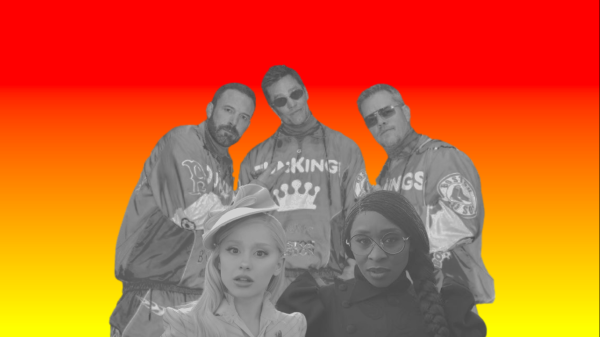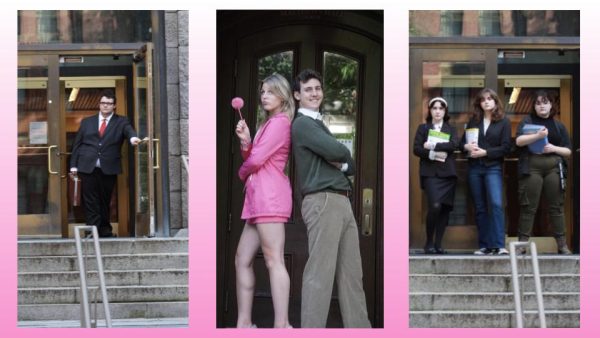Why Taylor Swift is Rerecording Her Albums
May 12, 2021
Have you experienced “Taylor’s Version,” yet? Perhaps, as you were sitting in the car, aimlessly switching between radio stations, you stumbled upon “Love Story;” a song you haven’t heard since 2009. Or maybe the original Fearless tracks are currently hidden in your Spotify.
Either way, Taylor Swift is going to start to sound a bit different. If you listen carefully, you can hear it. She changed the style of the giggle in “Hey Stephen.” In “Fifteen” the word “room” is enunciated in a much stronger manner. There is less twang from the banjo at the beginning of “Love Story.”
Casual listeners may not be able to spot these differences in Taylor Swift’s latest rerecorded album, but they can certainly notice the vocal, instrumental, and production improvements. It is believed that the 1989 rerecordings will be released next. Swift has already released a snippet of Wildest Dreams (Taylors Version), as it is a featured song in the Spirit Untamed movie, set to be released on June 4, 2021.
A sixteen-year-old girl with hopeful, bright blue eyes, a head of thick, blonde curls, and an attachment to her guitar signed to Big Machine Records in 2005. Over the expanse of six albums, the name “Taylor Swift,” along with the name of her record company, received the highest recognition through sold-out stadium tours and radio hits such as “Shake It Off.” In 2018, Swift’s contract with Big Machine expired.
She attempted to buy back her albums from Big Machine, but she considered the terms the label offered to her to be unacceptable. She was given the opportunity to sign with Big Machine again, and earn one album back at a time, one album returned for every new album she produced. Swift declined this offer because, “once I signed that contract, Scott Borchetta (CEO of Big Machine Records) would sell the label, thereby selling me and my future,” she explained on a Tumblr post.
“Once I signed that contract, Scott Borchetta (CEO of Big Machine Records) would sell the label, thereby selling me and my future — Taylor Swift
Meanwhile, Big Machine sold to Ithaca holdings, a company owned by Scooter Braun. Braun then sold her six albums to Shamrock Holdings for 300 million dollars in 2019. Swift claims Braun repeatedly bullied her in the past. He also manages Kanye West and Justin Beiber, both of whom Swift has feuded with. Swift could not stand for this. Her solution was to publicly condemn the sale and promised to rerecord her six original albums.
Swift had a further moral incentive to rerecord her albums as well. “Artists should own their own work for so many reasons,” She wrote in an Instagram post this March, “But the most screamingly obvious one is that the artist is the only one who really knows the body of work.”
Swift wants to ensure profits gained from an artist’s work are returned to that artist and that artists have full ownership and agency over everything they produce. Swift’s decision will force people to recognize the often unperceived role greedy corporations play in the music industry.

















